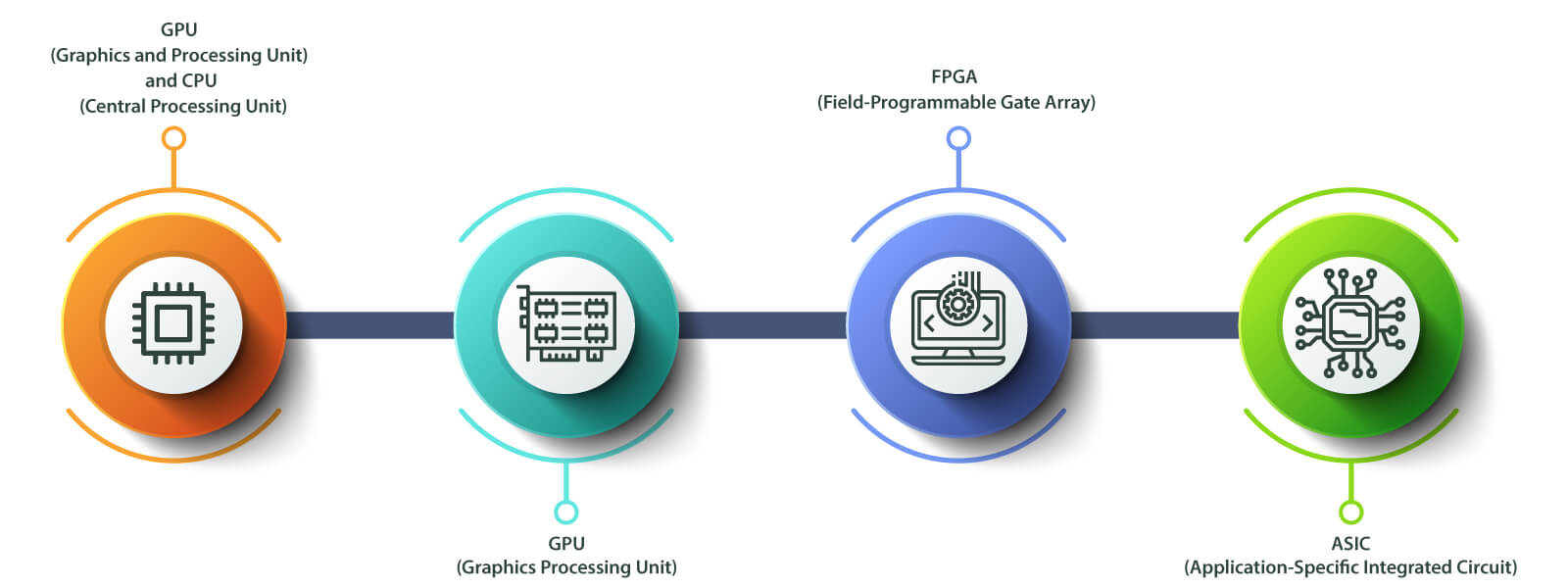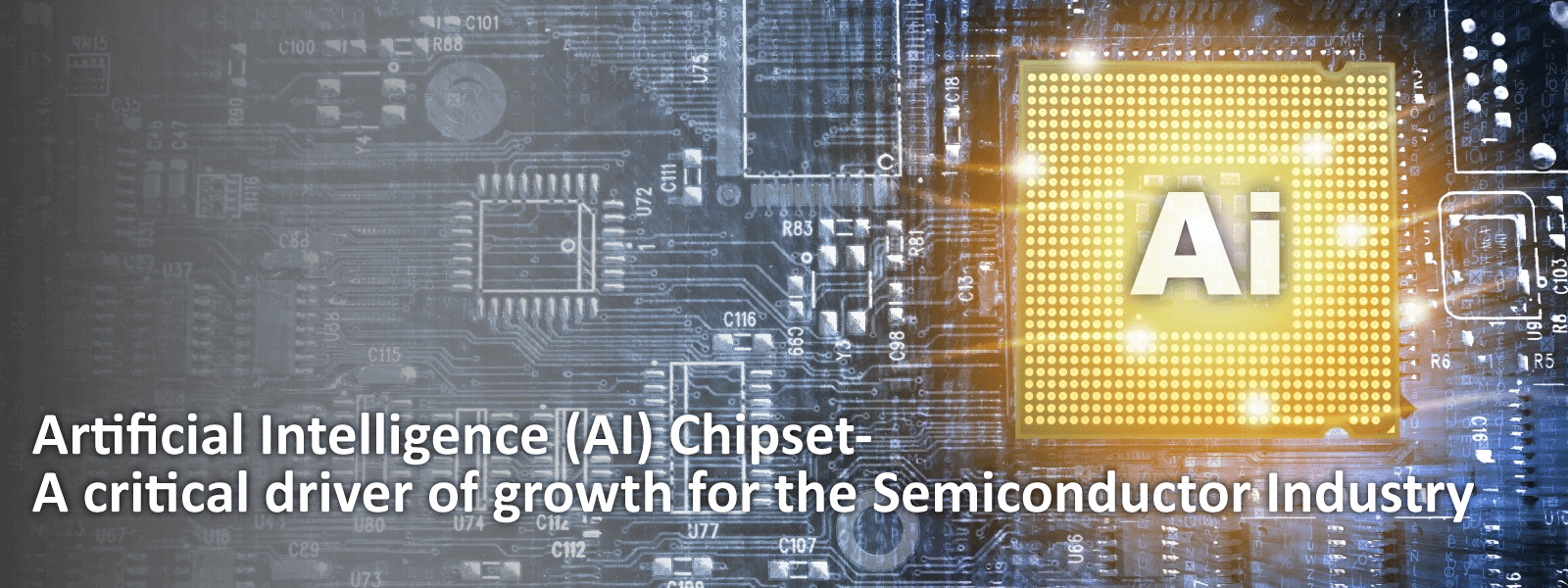Artificial Intelligence (AI) Chipset- A critical driver of growth for the Semiconductor Industry
The state of Artificial Intelligence
Artificial Intelligence (AI) is altering every feature of business across the globe. In the last decade, Artificial Intelligence tools have been progressively and effectively applied in speech recognition, image analysis, translation, and many other tasks.
The end-user industries of AI comprise manufacturing, agriculture, healthcare, media and advertising, oil & gas, BFSI (Banking Financial Services and Insurance), automotive, transportation, and retail. Among all these verticals, automotive sector and transportation stood out as the largest contributors to the AI chipset market in 2015.
Today, Internet giants like Microsoft, Google, Facebook, Amazon, and China’s Baidu are exploring different ranges of chip advancements that can accelerate the growth of AI, and the decisions they make will change the fortunes of chipmakers such NVidia and Intel.
To be more precise, AI impacts the growth of semiconductor sector in two ways: building demand for innovative technologies and enhancing the product fabrication process.
Applications of AI Chipset and factors for growth
Chipmakers conceived GPUs to create images for games and other high-end graphical applications. As regards the applications of Intel’s, they are ideal for PCs and servers. At the same time, they are not recommended for self-driving cars or mobile phones.
The, development of other different technologies such as machine learning, cloud computing, and cognitive computing together leads to the growth of the market for AI.
The significant types of chipsets known as AI chipsets for AI applications are as follows:

GPU (Graphics and Processing Unit) and CPU (Central Processing Unit)
Prior to 2001, general computing was implemented by CPU and computation for rendering graphics was executed by GPU. The advancement of quicker and more efficient matrix multiplication and factorization methods prompted the creation of programming languages that enable general-purpose computing on GPUs containing CUDA and OpenCL.
GPU
Significant Chip makers like NVidia Corporation are looking to solve the issue of high power consumption by devices while solving complex machine learning programs and algorithms on a priority basis.
FPGA (Field-Programmable Gate Array)
FPGAs are integrated circuits whose logic blocks can be programmed and realigned using a hardware description language (HDL). Series of FPGA-specific mining systems gave increment in throughput performance and energy efficiency. Efforts are made to implement machine learning models utilizing FPGAs. Presently, FPGAs are a safe bet for GPUs on throughput performance, but consume less energy for the same work task. Thus, they are more achievable and widely preferred in reduced power environments such as self-driving cars.
ASIC
The demand for profound learning and statistical inference is pushing the hardware industry towards machine learning (ML).
The complex process of designing AI Chips
Designing AI chips can be a very tough job, particularly given the demanding safety and reliability demands of the automobile industry. However, AI chips are those chips that offer innovative solutions in terms of processing, memory, I/O, as well as interconnect technologies.
The latest trends in AI Chipset
Earlier this year, Google brought out a new generation of its exclusive chips for Artificial Intelligence. The new Tensor Processing Units (TPUs) will enable Google enhance applications that utilize artificial intelligence to execute things like identifying words people are uttering in audio recordings, spot objects in images and videos, and pick up essential emotions in written text. As such, the chips serve as an alternative to NVidia’s graphics processing units.
Soon, Tesla, one of the world’s premier automakers, is seriously engaged in the process of developing specialized AI hardware to introduce self-driving cars. It is said that Tesla-built AI chip is ten times more capable than that of NVidia’s.
Also, Nest has devised smart thermostats that make the daily life style more convenient allowing us to perform daily home routines like changing the room temperature with voice.
Ring’s Alarm offers a new home security system that enables monitoring homes for emergencies and intrusions. Most significantly, many of these products are powered with next-generation computer chips.
Conclusion
AI has become inseparable from human lives and businesses. AI-specific chips will continue to influence advances in semiconductor processing technology, SoC design, and computer architecture to increase processing power so as to enable the future generation AI algorithms. Further, it is predicted to create huge impact on the revenues of chip makers in 2018.
